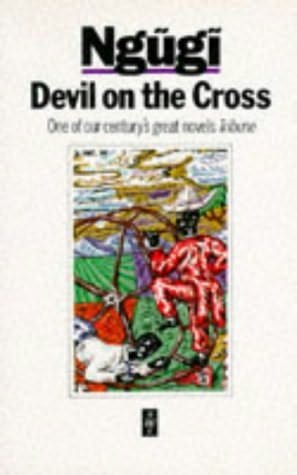
I’ll willingly humble myself enough to admit that I had a bit of a difficult time reading Aquinas' Summa Theologica the other day. It wasn’t that the content was difficult to understand it was more my lack of experience with reading medieval arguments that was the problem. Anyway, as I was doing a little additional reading on good old Aquinas I stumbled across the following, which might help you decipher Aquinas’ argument.
Check it:
So what is it that Aquinas is arguing in Summa Theologica? Simply put, that Christ’s Incarnation was to restore human nature by removing “the contamination of sin”, which humans cannot irradiate by themselves. His argument is against several of his contemporary and of historical theologians who held differing views about Christ. Aquinas’ main point was that Jesus Christ was God in the flesh and that he had a real body of the same nature of ours and yet he was also a perfect Deity.
In Response to Hermeneutics: http://www.textetc.com/theory/hermeneutics.html
I found it interesting to read that originally Hermeneutics were thought of as a science. One in which the reader sought to understand the author’s intention, to strip his or herself of their own biases or prejudices. It all began with Schliermacher, and his wanting to look at texts more objectively. So really hermeneutics precisely attempt to strike a balance between the way of the sciences and the way of the arts. Perhaps this is why I like studying hermeneutics so very much. In many ways I am a creative person yet I still have an overriding scientific approach to thinking and analyzing information. Maybe I should just be a hermeneutican if there even is such a thing. As I was reading on hermeneutics I couldn’t help but consider how biblical hermeneutics fit, or don’t fit into a postmodern society. Do we allow the Bible so say that which we want it to say? I am afraid such has been the case actually since much before the days of postmodernism.
A few nights ago I was in a conversation with my father and he brought up the topic of the emerging church. Quite a popular and controversial topic these days, I must say. I’ve been curious about the emerging church for quite some time, and on quite a few occasions have read articles on it. The truth is, it is rather difficult to pinpoint a definition for the emerging church, perhaps that is because there really aren’t any overriding central truths. Emerging churches vary greatly, and in fact emergent churches argue amongst themselves in regards to what it is that they stand for- can we say- postmodern? I’m not saying that emerging churches are all bad news. There are some things most of them are doing quite well, like being missional, embracing a world that would be otherwise left un-embraced. But anyway I just wondering what the emergent church would think about biblical hermeneutics…maybe this is a question at issue for me =P. Or maybe I just don’t completely understand the interrelationship between postmodernism and hermeneutics- if anyone can help me out here I welcome your thoughts. Perhaps I should reading Crystal Downing’s How Postmodernism (Serves) My Faith.
I found it interesting to read that originally Hermeneutics were thought of as a science. One in which the reader sought to understand the author’s intention, to strip his or herself of their own biases or prejudices. It all began with Schliermacher, and his wanting to look at texts more objectively. So really hermeneutics precisely attempt to strike a balance between the way of the sciences and the way of the arts. Perhaps this is why I like studying hermeneutics so very much. In many ways I am a creative person yet I still have an overriding scientific approach to thinking and analyzing information. Maybe I should just be a hermeneutican if there even is such a thing. As I was reading on hermeneutics I couldn’t help but consider how biblical hermeneutics fit, or don’t fit into a postmodern society. Do we allow the Bible so say that which we want it to say? I am afraid such has been the case actually since much before the days of postmodernism.
A few nights ago I was in a conversation with my father and he brought up the topic of the emerging church. Quite a popular and controversial topic these days, I must say. I’ve been curious about the emerging church for quite some time, and on quite a few occasions have read articles on it. The truth is, it is rather difficult to pinpoint a definition for the emerging church, perhaps that is because there really aren’t any overriding central truths. Emerging churches vary greatly, and in fact emergent churches argue amongst themselves in regards to what it is that they stand for- can we say- postmodern? I’m not saying that emerging churches are all bad news. There are some things most of them are doing quite well, like being missional, embracing a world that would be otherwise left un-embraced. But anyway I just wondering what the emergent church would think about biblical hermeneutics…maybe this is a question at issue for me =P. Or maybe I just don’t completely understand the interrelationship between postmodernism and hermeneutics- if anyone can help me out here I welcome your thoughts. Perhaps I should reading Crystal Downing’s How Postmodernism (Serves) My Faith.



